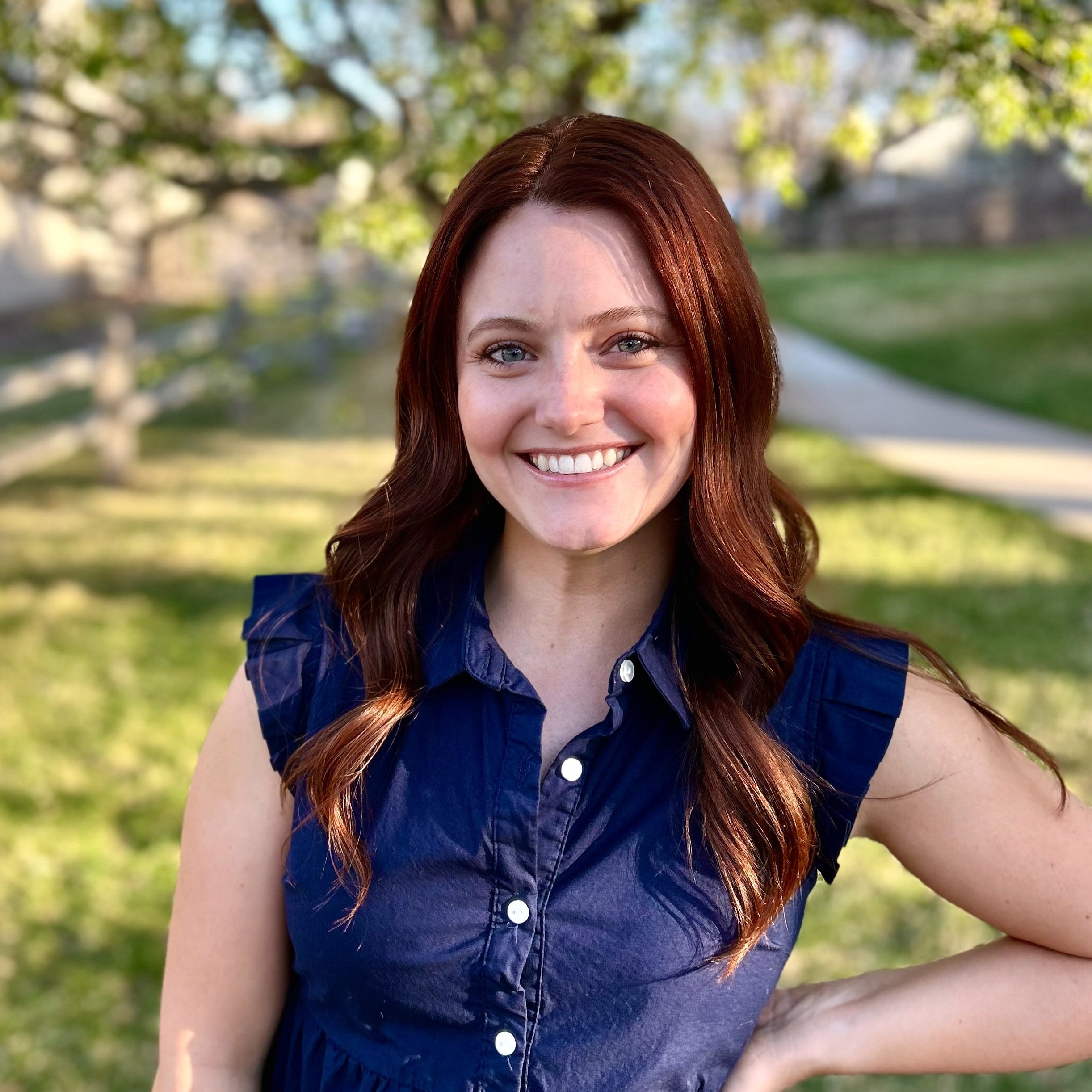7 BEST DENVER DEPRESSION COUNSELORS
Top-Rated Depression Counseling | Denver, CO
Depression therapy at Birch Psychology
Understanding your feelings, supporting your well being, and bringing pleasure to your life can seem out of reach when you feel lost, feel stuck, and are feeling overwhelmed. Beginning a journey of counseling to seek healing through talk therapy can be a huge life experience, and it can cause stress when you are unsure where to begin.
Who Are We?
Birch Psychology has been providing therapy for depression in the Denver area for over a decade. Clients who engage in counseling at our practice work with therapists who specialize in a variety of areas, including trauma, anxiety, depression, life transitions, women's issues, men's issues, eating disorders, and more.
A professional counselor working as a therapist with us will provide counseling that is evidence based, seeks to determine an accurate diagnosis, and seeks to allow a person to regain control over their world. By diving into tough topics such as relationships, usage of drugs, consideration of suicide, familiarity with death, and more- clients will find new patterns of thinking to improve their mental health for good.
7 highly recommended Denver depression therapists
FAQs about depression therapy
-
Over the course of life, a person may experience trauma, poor body image, consideration of suicide, loss of motivation, trouble in relationships, feeling overwhelmed with the world, and a loss of pleasure. These symptoms can be attributed to a variety of mental health disorders, each with differing recommendations for therapy, medication, and support.
When these harmful symptoms occur multiple times or with severity- combined with feelings of sadness- a person may meet the criteria for major depressive disorder.
Clinical depression should be diagnosed by a professional counselor or experienced therapist. Once a person receives an accurate diagnosis, they can work with therapists to develop a support plan. This support plan may include medication, therapy, and life adjustments.
-
Each person’s experience with therapy is unique and will be tailored to their specific needs and goals. Adults may benefit from forms of therapy children do not, and vice versa.
Most people will benefit from meeting with a therapist. The relationships built between clients and therapists will determine the success of depression counseling.
-
There are several therapeutic modalities that are commonly used to treat depression:
EMDR Therapy for trauma can be beneficial for depression. EMDR therapy is given at Birch Psychology by Julia Hofman, LPC and Emily Ingraham, LCSW- who are both EMDR therapy certified.
Ketamine assisted psychotherapy can be beneficial for depression and many other mood disorders. Emily Ingraham, LCSW is certified in Ketamine assisted psychotherapy.
Dialectical behavior therapy can be used for depression treatment, as well as for bipolar disorder.
Group therapy, online therapy, and individual therapy can all support in treating depression.
-
There is a statistical comorbidity of depression and anxiety. For clients who have both, it is important their therapists specialize in treating both anxiety and depression, as they will need to teach coping skills for both.
Their are many different types of mental health professionals, and therapists with advanced training can best support patients who have undeclared, severe, or multiple mental health diagnoses.
-
Some people who try treating depression are unsuccessful. Treatment resistant depression can occur- and overcoming this diagnosis will involve a strong team of experts.
Treatment resistant depression will involve collaborating with medical doctors, psychiatrists, and clinical depression counselors to create a holistic treatment plan involving medications, psychotherapy, and medical procedures.
The first step in seeking depression treatment is reaching out to psychology treatment centers- like Birch Psychology.
-
Major Depressive Disorder is more common in adults than children, women than men, and has an increased likelihood in people suffering from other mental or physical illnesses. Half of all people with depression also meet the requirements to be diagnosed with an anxiety disorder. Depression can be genetic or situationally caused if a person undergoes a traumatic or difficult life event.
Known Symptoms
What do we think of when we think of someone who is depressed? Stereotypically, someone unable to get out of bed, crying frequently, socially withdrawn, etc. We tend to focus on the “sad” aspect of depression, and the extreme symptoms of that, without being able to identify its existence in other aspects of lives.
Depression does not always form in a standard way. Individuals can suddenly begin to experience symptoms which can be difficult to understand.
Presenting Concerns
It is important to understand how to help those around us with depression, and the first step is recognizing depression symptoms.
Depression symptoms include the following: lack of energy, feelings of hopelessness, agitation, increased substance use, self harming, social withdrawal, withdrawal from activities, changes in sleep, and changes in physical health.
Healing for each of these will take time and support. Finding trust in relationships- with friends, family, and professionals- can encourage healing.

Find Mental Health Therapy for Depression
It is important to take notice when your friends and family seem to be struggling with things and think of ways to help them that don’t cause them to react defensively.
Reach out to our team for a free consultation to discuss the possibility of beginning counseling in a supportive environment with a professional counselor. If you are feeling stuck, it can feel overwhelming to begin this journey- but we are here to help.







